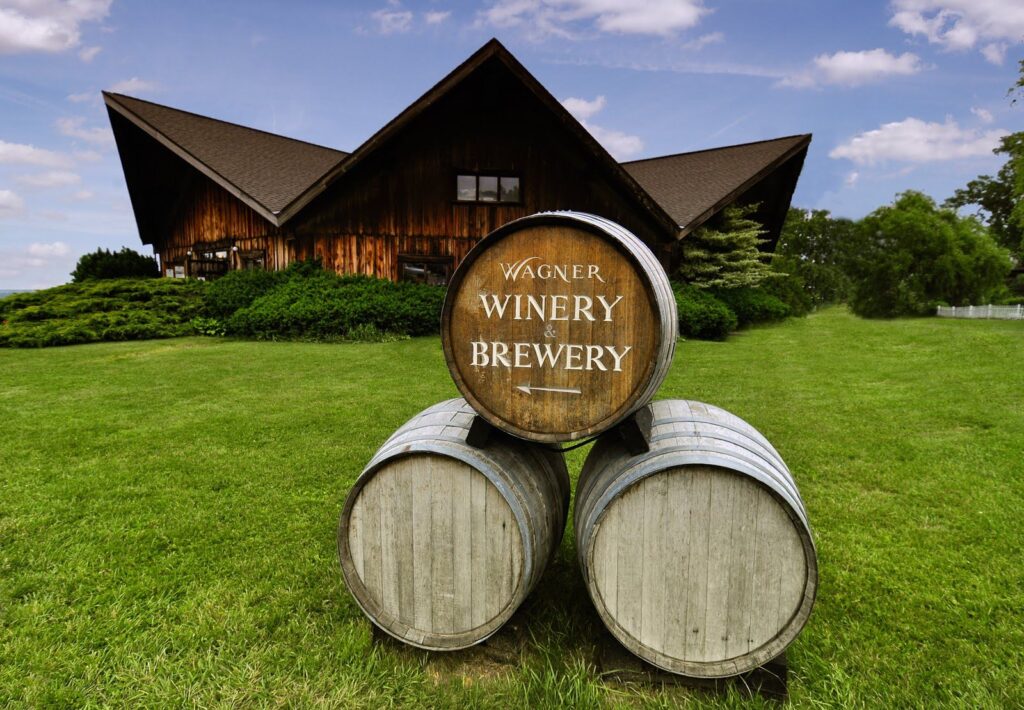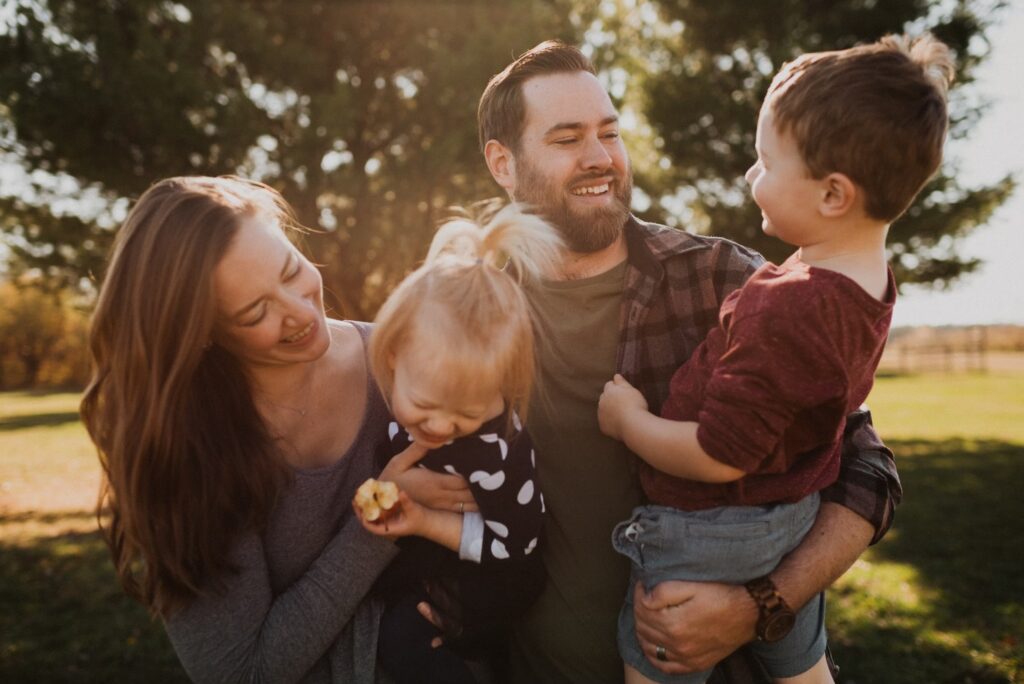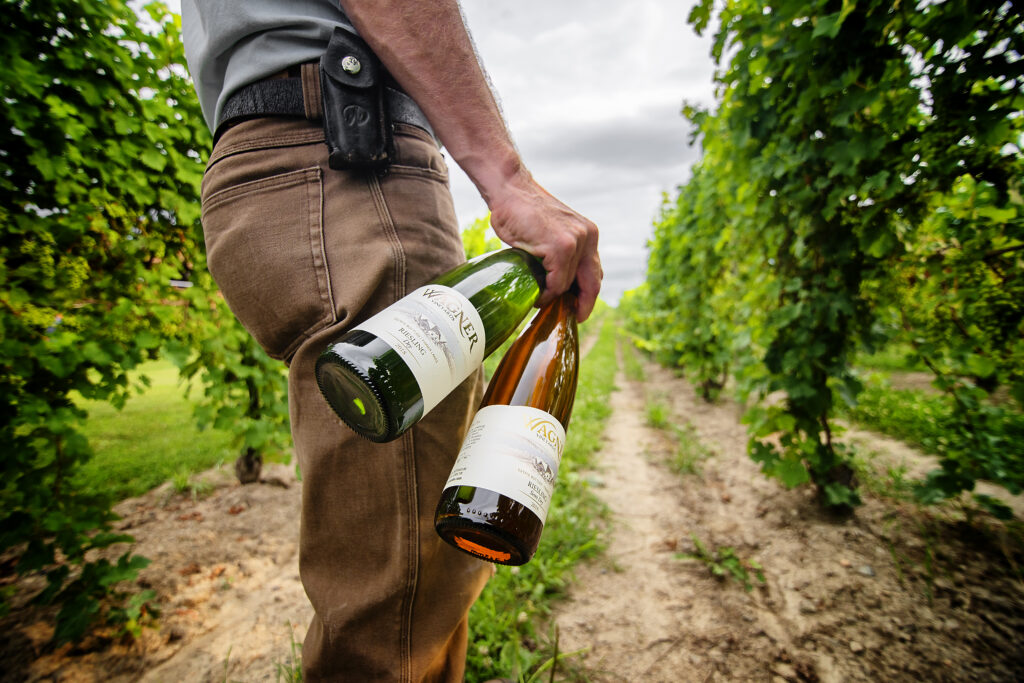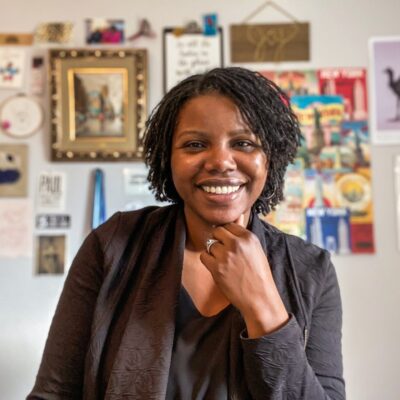
This is not a story about wine. This is a story about humanity within our community.
2020 was rough. In the year we slowed down, we were forced to sit and watch our world be rocked by a global pandemic and a relentless stream of heartbreaking news. Related to those moments was June 2, 2020. Accounts across social media posted black squares in a movement called Black Tuesday. It was done in solidarity with the Black community reeling from the murders of George Floyd, Ahmaud Arbery and Breonna Taylor. While some larger brands in the wine industry participated, most stayed quiet. In the past, it wasn’t unusual for companies to selectively care, but this time was different. This time, business-as-usual in the face of hatred was an insufficient response.
That same week, I shut down my wine-focused Instagram account when my local community stayed a little too silent about saving Black lives. I realized that with every swirl, every sniff, every chew and aeration I was working hard for approval to sit at the tasting table. It’s very difficult to appreciate the wine when you’re busy trying to prove your worth.
So, this is not a story about wine. This is a story about creating a more diverse, equitable, and inclusive Finger Lakes. We can do better. And, this is a story about how one local winery already is.
Alex Jankowski moved his family to the Finger Lakes in 2019. He’d gotten a new job as the Marketing and Public Relations Manager for Wagner Vineyards, and subsequently, a new hometown–sight unseen. While thrilled, Alex also felt slightly unsettled in realizing that not everybody has the ability to move just anywhere with confidence in their safety. “It started to just hit me in a way that it really hadn’t before and I realized we have a lot of privilege to be able to do that.”

Alex is fantastic at his job. His marketing acumen shines as he brings the brand to life across platforms. He began hosting popular Virtual Vineyard Experiences on Facebook Live during the pandemic and one fell on the calendar just three days after Blackout Tuesday. “It was clear the entire nation was having a different conversation. It felt like we [couldn’t] talk about cover crops and act like nothing happened.” His earlier realization about safety was the catalyst for choosing action. Alex would be the first representative to speak for the winery, and he knew he had to say something. Co-owner and General Manager John Wagner agreed and they aligned on a plan.
STARTING SMALL
“Ourselves, like many others, are looking inward. Discussing how we can be as inclusive and supportive as possible for all of our communities, and especially the Black community–we stand with you.” Alex stood among the vines, delivering these words as part of a prepared script. He worked closely with colleagues to ensure it was all encompassing of the brand. “One of the pillars upon which Wagner Vineyards was built was authenticity. That there are no shortcuts. And that if you put forth an honest day’s work you’ll be granted an equal and just reward. We have no tolerance for racism, hate, or anyone who would deny another human being that equality, let alone the most fundamental right to exist.”
Next, Alex chose to attend a two-day Lift Collective Conference focused on diversity, equity and inclusion (DEI). “If I’m going to consider myself an ally, I need to be able to recognize when I don’t know something and learn.”
One of the major conference takeaways was understanding that “while our philosophy from the start might have been inclusion and acceptance for everybody, the reality is you can’t just think that. It’s not good enough anymore.”
Alex also makes note of another important conference takeaway: “so many communities need and have the right to know before they go somewhere that this is going to be a place where they are not just accepted but also cared for. Part of our goal is taking the onus off those marginalized communities.”
This led the team to implement a Visitor Code of Conduct. “We’ve had a lot of people reach out and say thank you,” John says, which reminds him to keep his foot on the gas.

WHAT COMES NEXT
John’s become acutely aware of how difficult and important this work is. He says we have to try considering that it could work. He feels strongly about this mindset shift, one impressed upon him by his father, who started Wagner Vineyards over 40 years ago with the same belief. As I shared some of my lived experiences around the lakes, John seemed disappointed, but also determined: “that’s a truth that needs to be addressed.”
The next step is education. 55 Wagner employees participated in two mandatory trainings taught by Dr. Paula Ioanide of Rise to Equity this past June. For John, this was an important investment in the winery that aligned directly with the visitor code of conduct; “I felt more comfortable with somebody who has their finger on the pulse training us to look for some of the signs that we might be missing right now.”
For Alex, active allyship is especially important. “The last thing we want to do is have it feel like we’re just checking a box.” To ensure the opposite, DEI will become part of the required training for Wagner staff moving forward.
WHERE YOU COME IN
For wineries wondering where to begin, Dr. Ioanide says “it’s okay to be nervous and overwhelmed! DEI is difficult work, and there is no one-size-fits-all approach.” She suggests a research period to begin and recommends “talking to employees about what kinds of non-inclusive behaviors they have witnessed their customers express or experience.”
As more businesses adopt visitor codes of conduct, she notes “it’s crucial that employees are empowered via ongoing trainings and conversations to know how to truly foster an inclusive environment for all, and that organizations back them up.”
It’s been exciting to watch the Wagner team make good on the promise of allyship with their DEI work. I can only hope that more wineries will not only do the same, but be vocal about it–because there’s nothing quite like the freedom of going wherever you want and knowing you’ll be safe while you’re there.

